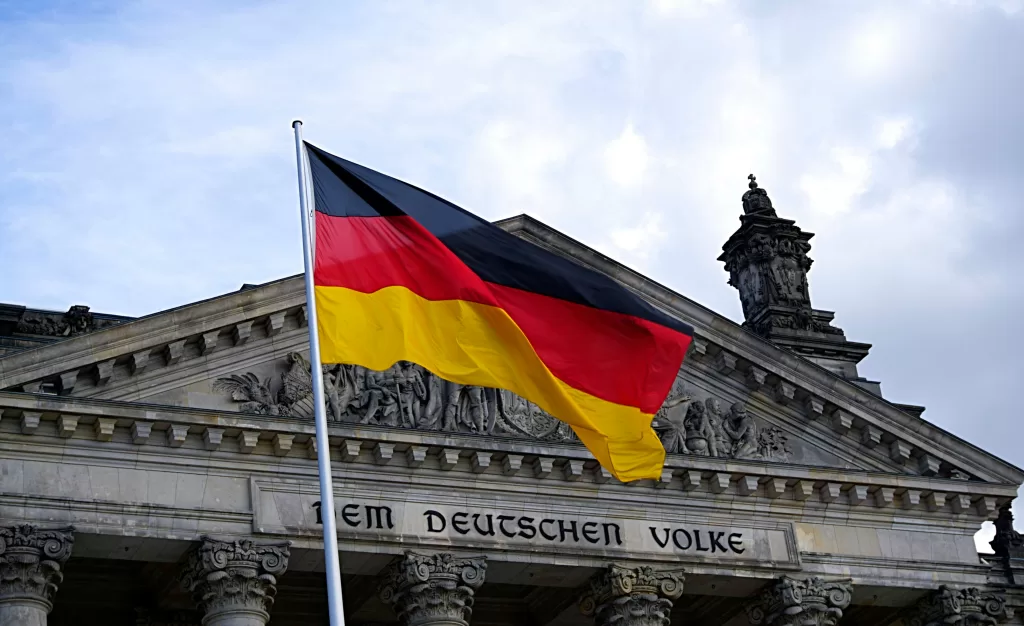PR Pathway After Study in Germany: A Guide for International Students
✈️ Why Germany?
Germany is not only known for its world-class education and low or no tuition fees, but also for offering a structured and achievable pathway to permanent residency for international students. If you’re a Sri Lankan student planning to study in Germany, this guide will walk you through the PR pathway after study in Germany and what steps you need to take to become a permanent resident.
🎓 Step 1: Complete a Degree at a Recognised German University
To begin your PR journey, you must first complete a recognized degree at a state-approved German institution. Whether you pursue a Bachelor’s, Master’s, or PhD, ensure the program aligns with the job market and is taught at a reputable institution.
🧳 Step 2: Apply for an 18-Month Job-Seeking Visa
After graduation, you’re eligible for a special 18-month residence permit (Job-Seeking Visa) that allows you to stay in Germany and look for a job relevant to your field of study.
What you can do during this period:
- Work in any job (even part-time or unrelated work) to support yourself.
- Continue job hunting and attend interviews.
- Convert your visa to a work permit once employed in a suitable role.
💼 Step 3: Secure a Job and Switch to a Work Residence Permit
Once you find a job related to your qualification, you can apply for a residence permit for employment purposes. This permit is typically valid for the duration of your work contract.
You may also qualify for the EU Blue Card if:
- Your gross annual salary is at least €43,800 (as of 2025).
- Your role is in a high-demand sector like IT, engineering, healthcare, or mathematics.
🛂 Step 4: Apply for Permanent Residency (Niederlassungserlaubnis)
After 2 years of full-time employment with a residence permit, you may apply for a Settlement Permit (Permanent Residency) if:
- You have held a work-related residence permit for at least 2 years.
- Your job matches your academic qualification.
- You have made contributions to the German pension system.
- You can speak German at B1 level or higher.
- You have sufficient living space and no criminal record.
➡️ If you have an EU Blue Card, you may apply for PR in just 21 months if you meet the language requirement (B1), or 33 months without B1.
🏠 Step 5: After PR – Family, Mobility, and Citizenship
Once you receive your settlement permit:
- You can bring your family to Germany under more relaxed rules.
- You can move freely within the EU.
- After a few more years (typically 6–8), you may become eligible to apply for German citizenship.
📍 Why This Pathway Appeals to Sri Lankan Students
- Germany offers low education costs with high-quality outcomes.
- The PR pathway is transparent and doesn’t involve a points system.
- Strong demand in sectors like engineering, IT, and healthcare.
- Opportunities to build a long-term life in Europe.
🔗 Related Articles:
- Study in Germany with Alpha Consultants
- PR Pathway After Studying in Canada (Coming Soon)
- Germany Student Visa Process – Step by Step (Coming Soon)

